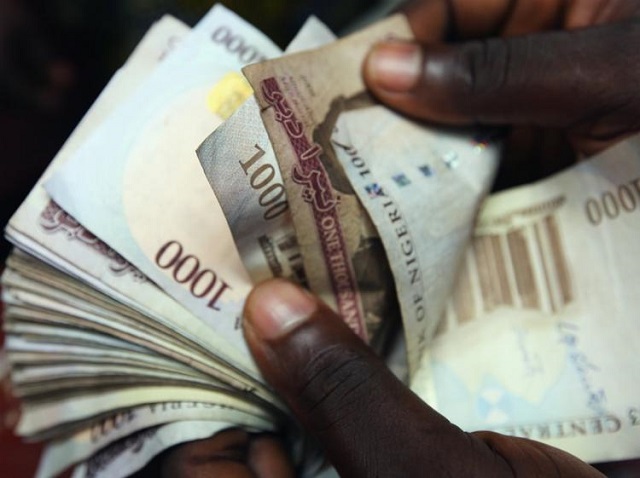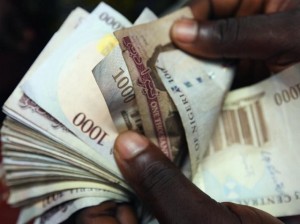The Nigerian entrepreneur comes in more shades than you can imagine. It could be the boss at an establishment with a staff of ten, or the woman running a local restaurant nearby; maybe it’s the young man selling biscuits and sweets from his roadside kiosk. Perhaps it’s you.
The numbers suggest that about a third of Nigerian adults are operating their own businesses in some shape or form. One source, the Global Entrepreneurship Monitor (GEM), indicates that about 35% of the country’s adult population is engaged in a self-run commercial venture.
There are well over 37 million MSMEs dotting the Nigerian landscape- this makes it a giant haven for the smallest businesses. That figure comes from an often-quoted report published by SMEDAN and the National Bureau of Statistics (NBS). It corroborates the picture painted by the GEM survey referred to here- a huge number of persons in Nigeria choose to sail their own ships on Nigeria’s sometimes uncertain economic waters.
The GEM report showed that about 44% of people aged 19-65 also intended to start their own businesses in five years; take this together with 90% of respondents who believed they had what it took to be entrepreneurs, and you get a description of a country possessing a heavier entrepreneurial bent than many realize.
A sense of optimism may be driving this widespread hope for setting up something new. Only 21% of persons surveyed expressed some kind of concern that their business would fail. This is a stark contrast to the reality that stares us in the face: a staggering 80% of Nigerian MSMEs fail within the first five years of their being set up. It’s a tough business environment out there, but entrepreneurs don’t seem to be fazed by it.
Get behind the headline numbers though, and you’ll find some interesting nuances. It turns out that there’s a lot of mixing between the ‘entrepreneurial’ population and other forms of employment. For example, a large number of so-called 9-5ers are also involved in some sort of side hustle. Part-time employment allows others to manage private businesses on a near ‘full-time’ basis.
It’s said that these small enterprises are the biggest employers of labour- about 58 million persons, according to official figures. They also contribute over half the country’s GDP and make up almost 90% of existing businesses. These figures tell us that they’re a fundamental part of the Nigerian economy; small-time entrepreneurs are not to be looked down on.
But downsides exist with the MSME sector. They lurk behind the seemingly positive numbers quoted by analysts, and underneath the grins with which businesspeople give their optimistic replies.
One such concern is with the business failure rate, already referred to in this article. The causes of this abysmal state of affairs include inadequate infrastructure, a ubiquitous characteristic of the country’s challenging commercial environment. Evidence of this goes beyond the data shared in documents like the World Bank’s Ease of Doing Business Report, to the daily realities of entrepreneurs who spend huge sums trying to power their ventures.
A large fraction of Nigerian small businesses- perhaps most of them -owe their existence to a grim necessity. Their operators do what they do because it’s their route out of poverty. Whether they do eventually succeed with their businesses in this respect is a different question, with an often negative answer: again, those high failure rates confront us.
Still, Nigerians continue to hope, dream and build. The conditions might be far from perfect, but our offices, workshops and marketplaces thrive nonetheless. The basic survival instinct may be just about sustaining a large swath of the nation’s populace, but it’s also spurring creativity and innovation, and shaping a story of resilience that resonates the world over.
References
Global Entrepreneurship Monitor (GEM) 2013, as quoted in the The Vanguard article, ‘Business Enthusiasm: Nigeria Tops Global Rankings. Published March 26, 2015.
Featured image source: Ventures Africa


